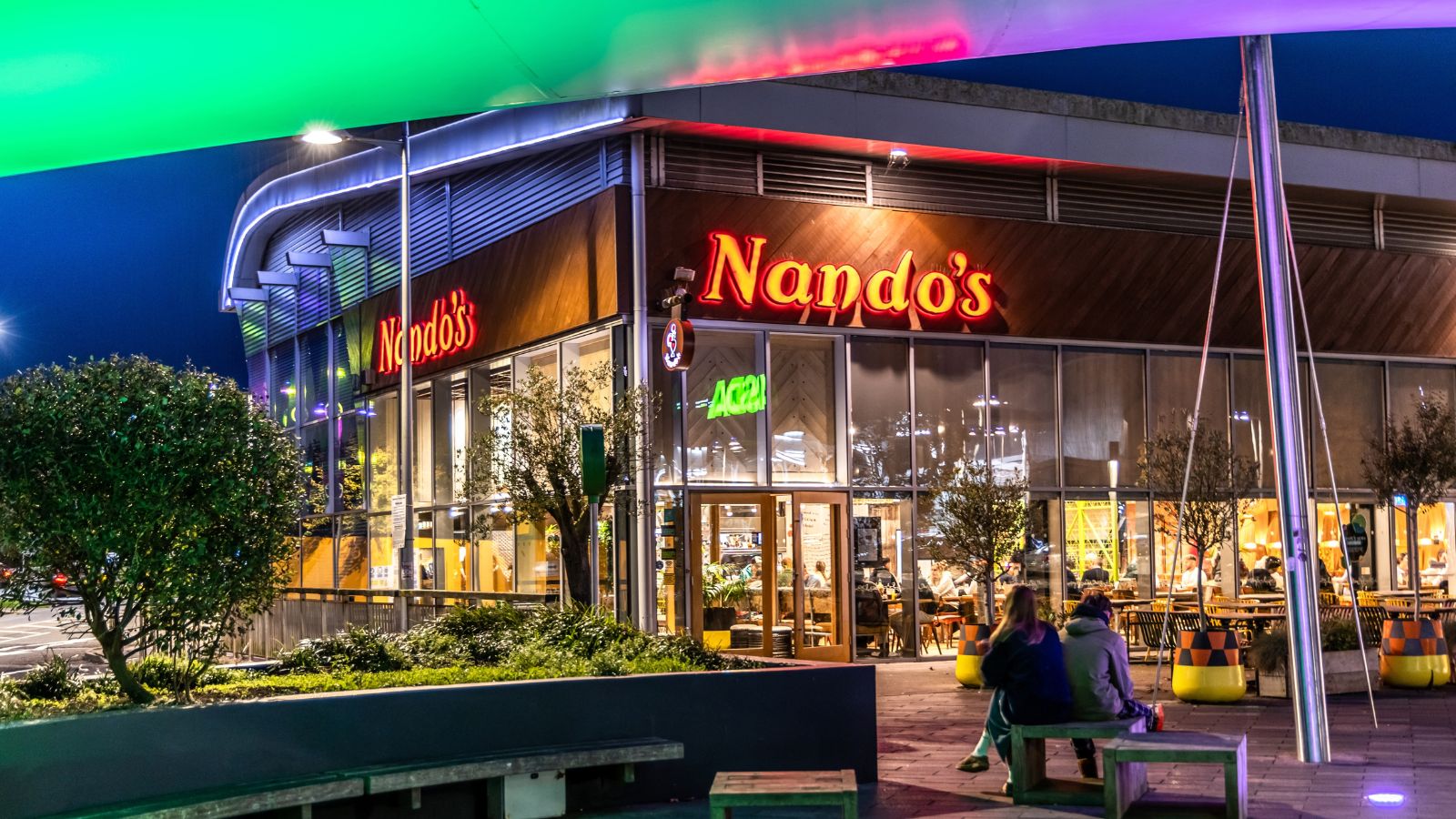Any Brit will know that our (authentic) version of English is filled with phrases that can leave Americans scratching their heads. These phrases are everyday expressions in the UK, yet they might seem perplexing or entirely different in meaning to those across the pond. Let’s explore 18 such phrases that consistently trip up our American friends.
I’m Knackered

When we Brits say we’re “knackered,” Cambridge Dictionary explains that it typically means we’re extremely tired. This phrase is commonly used after a long day or strenuous activity. Americans, however, might not immediately connect “knackered” with exhaustion, leading to confusion in casual conversations. To add to the confusion, we’ll also say our broken-down car is knackered, along with anything else that is broken.
Bits and Bobs

Americans love it when Brits say “Bits and bobs,” although they don’t know what it means. Essentially, it refers to small items or miscellaneous tasks, often used when someone has various minor things to do or when tidying up. An American might be puzzled by this expression, perhaps wondering if it’s about gadgets.
Chuffed to Bits

To be “chuffed to bits” means to be very pleased or delighted in the UK, often said after receiving good news or achieving something important. For Americans, though, this phrase can be particularly confusing as “chuffed” might sound more like an insult than an expression of happiness.
Fancy a Cuppa?

The majority of Brits probably say this phrase at least once a day, inviting someone to join them for a cup of tea. “Fancy” here simply means “would you like,” whereas most outsiders see it as meaning posh. It could mean both over here, so while tea is a common beverage in both the UK and the US, the phrase “fancy a cuppa” might leave an American uncertain.
Bob’s Your Uncle

A lot of Brits think that “Bob’s your uncle” came from the U.S., but in actuality, they don’t have a clue what it means. A Brit coined it to conclude a set of simple instructions, indicating that the task is straightforward and easily accomplished. To an American, “Bob’s your uncle” could sound like a non sequitur, leaving them baffled as to who Bob is and why he’s suddenly part of the conversation.
Gobsmacked

When a Brit is “gobsmacked,” it means being utterly astonished or amazed. The word “gob” is slang for mouth, so to be gobsmacked is to be left speechless. Understandably, Americans might not immediately grasp the meaning of this term, potentially confusing it with something more violent.
The Full Monty

Americans might not understand that “The Full Monty” means thoroughness rather than having anything to do with a person named Monty. “The Full Monty” refers to going all the way or doing something completely, a phrase that has its origins in a British film. Naturally, Americans are unlikely to have watched it, hence their confusion.
Throwing a Wobbly

When a British person, usually a young child or baby, is “throwing a wobbly,” they are having a temper tantrum or behaving irrationally. This is often to the amusement of Americans, who envision a drunken man wobbling around the street without direction.
Cheeky Nando’s

For some bizarre reason, the term “Cheeky Nando’s” became iconic in British slang over a decade ago, referring to a spontaneous or slightly rebellious trip to the popular restaurant chain, Nando’s. However, Nando’s doesn’t really exist in the U.S., so naturally, they just don’t get this phrase.
Sod’s Law

In the UK, “Sod’s law” is the British equivalent of Murphy’s law, meaning that anything that can go wrong will go wrong. The term “sod” might throw off Americans, who could interpret it differently, not realizing it’s just a humorous way of acknowledging bad luck. It also used to be a swear word, but these days, it’s very tame.
Skint

If someone is “skint,” they’re broke or out of money. This term is a common way for Brits to describe being in a tough financial spot, one that we use rather loosely at times, even when we have plenty of cash in the bank. Understandably, without the context, an American might be left guessing whether “skint” refers to money, clothing, or something else entirely.
Dodgy

When something is described as “dodgy,” it means it’s suspicious or unreliable. It’s often used when talking about questionable situations or people, or perhaps a dark alleyway. For Americans, “dodgy” might sound unfamiliar, although there’s something about the word that does seem to give off bad vibes naturally.
On the Pull

Another British phrase that Americans just don’t get is “On the pull,” which means looking for romantic or sexual encounters, often during a night out. Americans rarely have a clue what this means, as they’d first need to understand that “pull” in this context has nothing to do with physical exertion and everything to do with attraction.
Peckish

When someone says they’re “peckish,” it means they’re a little hungry but not starving. This term is light-hearted and often used between meals, generally followed by reaching for a packet of biscuits. However, Americans don’t understand this naturally, envisioning ravenous seagulls pecking away at any food they can find.
Taking the Mickey

While most Brits will use a more vulgar version of this phrase, “taking the Mickey” means to tease or mock someone. This phrase can leave Americans puzzled, particularly because “Mickey” could be mistaken for a name rather than an expression of playful ridicule.
Curtain Twitcher

If someone is a “curtain twitcher,” it means they’re nosy, as they’re often peeking out from behind their curtains to watch what the neighbors are doing. It’s similar to the phrase “Peeping Tom,” but it does not have such negative connotations; it’s simply a neighbor who can’t mind their business.
Snog

If you happen to be offered a “snog” on a night out in the UK, watch out–someone wants to kiss you passionately. It essentially means the same as what Americans call “making out,” and frankly, we’d have to say that the American version is a little more tasteful. There’s something a little bit gross about the word “snog.”

